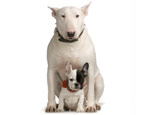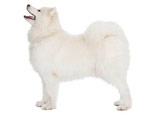Dogs may show interest or steal citrus fruits from a person. A varied diet of plant foods can be beneficial or harmful. Sour fruits are rich in vitamins and minerals, which strengthen the immune system and increase the stamina of the pet. At the same time, citrus fruits are characterized by a high content of organic acids. In large quantities, these chemicals can cause a number of diseases of the digestive system, problems with teeth and metabolism.
Can citrus fruits be given?
Unlike exotic fruits, citrus fruits do not contain toxins that could harm a dog’s health. They are not dangerous when used in small quantities. The composition of acidic fruits includes vitamins and minerals necessary to improve the metabolism and internal organs in the body of the animal.
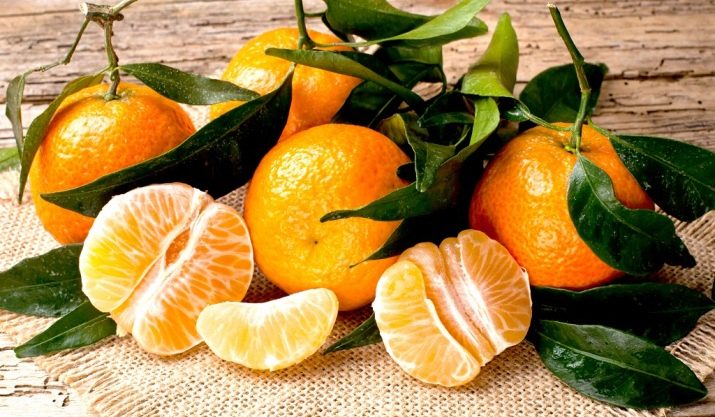
The ASPCA Pet Protection Society has conducted a number of studies. In the process of studying citrus fruits, it was revealed that different amounts of citric acid are contained in the peel, seeds and pulp of the fruits. This organic compound irritates the mucous membranes of the dog’s gastrointestinal tract and inhibits the central nervous system in large quantities. At the same time, in order to receive such harm, the dog will have to eat about 7-10 tangerines or 5 large oranges.
Veterinarians claim that when eating half a citrus, the dog does not have an indigestion. In small breeds, after applying several tangerines, stomach problems can occur. This phenomenon is due to the small size of the animal.His body does not cope with the processing of sucrose and citric acid.
The best option, according to experts, is to give the dog no more than 1-2 cloves of any citrus fruit per day.

Citrus fruits have several advantages, thanks to which they can be included in the pet's diet:
the fruits do not contain harmful and toxic substances, are not processed by pesticides from insects;
the juice and pulp of fruits contain flavonoids, organic acids, vitamins and minerals necessary for the normal functioning of the internal organs and systems of the animal;
thanks to a large amount of ascorbic acid, the dog's immunity is strengthened, resistance to infectious diseases increases;
nutrients increase muscle tone, increase the physical activity of the pet.

At the same time, some veterinarians believe that citrus fruits should be excluded from the dog's diet or give fruit in limited quantities. The negative attitude of specialists is due to the following factors.
In the wild, other canine predators do not eat citrus fruits, so dogs can do without oranges, lemons or tangerines in the diet.
The high content of bioactive compounds and organic acids provokes the development of allergic reactions, increases the acidity of gastric juice. Because of this, the appearance of vomiting, diarrhea, gastritis is possible.
If a dog loves tangerines or oranges because of their sweet taste, it starts to beg for a treat or steal them from the table. Abuse of a plant product can create a heavy burden on the liver and kidneys.
To avoid unpleasant consequences, consult a veterinarian before including citrus fruits in your pet’s diet. The specialist will give an opinion on the health of the pet and, if necessary, conduct allergy tests.

Beneficial features
The health benefits of oranges and tangerines for dogs due to the high content of nutrients in the composition of the products:
water soluble sugars: fructose, sucrose;
ash;
vegetable fiber;
easily digestible proteins;
pectin;
15 organic acids, among which malonic, citric, galacturonic and quinic;
minerals: potassium, sodium ions, phosphorus, calcium, magnesium;
vitamins A, C, E, PP, thiamine, riboflavin, pantothenic acid.
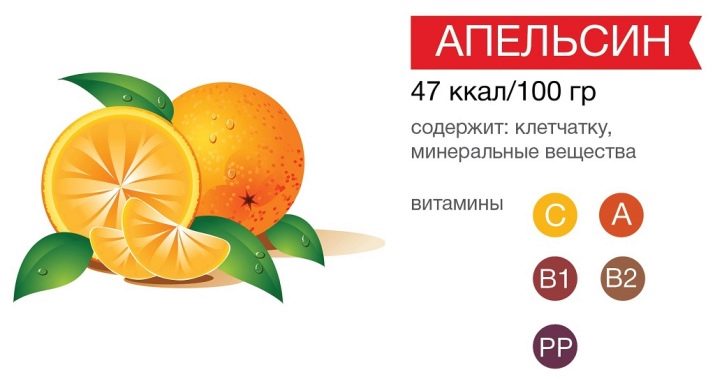
Natural components increase the functional activity of the nervous, endocrine, digestive systems of dogs. Due to the large number of vitamins in the pet, intracellular metabolism is normalized. Organic acids stimulate the production of digestive enzymes, facilitate the digestion of protein products of animal origin, dry feed. Under their influence, the dog's appetite increases, so it is recommended to give citrus fruits to pets in the winter.
After the onset of frost, the dog’s physical activity decreases, some animals begin to eat less. Citrus fruits restore vigor, normalize the psychoemotional state of a pet. Thanks to vitamin C, the immune response is enhanced, so when walking in the cold, the risk of inflammatory diseases is reduced.
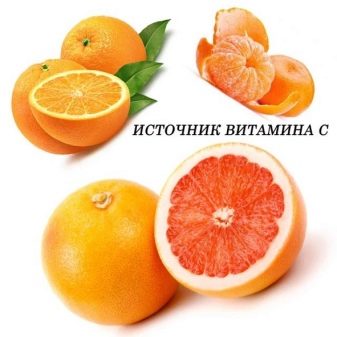

Vitamins have a positive effect on the condition of the skin and coat. The blood supply to the hair follicles improves, the hair stops falling out much. Thanks to this effect, molting is faster.
Citrus fruits improve the visual acuity, hearing and smell of the dog. Therefore, plant products are recommended to be added to the diet of hunting animals. Vitamin C increases the tone of skeletal muscles, vitamin B group stabilizes the nervous system. As a result, the dog’s endurance increases, the animal tolerates drug treatment more easily, and the regeneration of damaged tissues is accelerated.
Excess organic acids are excreted through the kidneys without accumulating in the body. Due to the rapid metabolism in the dog’s body, acidosis is not observed even after exceeding the daily allowance of citrus fruits.
Vitamins are easily absorbed in the digestive tract of the dog, which is especially useful for the dog during adulthood.


Possible harm
Citrus fruits exported from other countries are sometimes picked in green. Ripening occurs during transport. So that the products do not rot and maintain their presentation for a long time, they are treated with special compounds. For this purpose, the following chemicals harmful to animal health can be used.
Biphenyl. Liquid with crystals and organic compounds dissolved in it. It does not have a specific smell, taste or color, because of which it cannot be visually detected on the peel of citrus fruits. The chemical prevents the development of mold on the product, it is not toxic to humans. In pets, it can cause digestive upset.
Volatiles: sulfur dioxide, methyl bromide, fungicides. The gases that citruses are processed accelerate the ripening process. One or more substances are present on fruits. They destroy eggs and adult insect pests, mold spores and pathogens. The decision to use them is made by the fruit exporting company. Normally, chemicals should not penetrate the pulp and juice of the fruit. At the same time, during transportation, synthetic compounds settled on the zest can penetrate into the edible part of the fetus. Therefore, the longer the transportation of products lasts, the higher the concentration of harmful substances in the pulp of fruits.
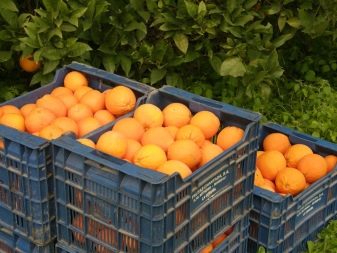
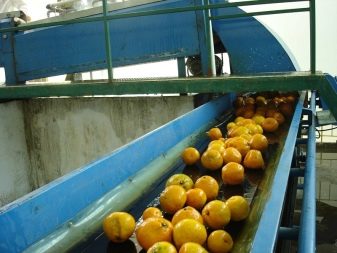
Harm from citrus fruit in dogs is observed with abuse of acidic foods. In excess, citric acid depresses the central nervous system, disrupts the hormonal background, due to which a worsening of the psychoemotional state of the pet is observed. Vitamins in tangerines or oranges are few in comparison with citric acid, so their beneficial properties cannot neutralize its negative effect on the animal's body.
If a pet has chronic diseases of the urinary or digestive system, it is impossible to give him citrus fruits. Organic acids in large quantities increase the production of gastric juice, as a result of which the mucous membrane of the stomach begins to break down. Citrus fruits can cause gastritis in a pet. Sucrose causes indigestion, diarrhea, and vomiting. Citric acid corrodes tooth enamel.
Excess organic compounds should be excreted through the kidneys in a timely manner or neutralized in the liver. With the regular use of citrus fruits in large quantities, the organs will cease to cope with the increased load, which may cause the dog to have hepatic and renal failure.
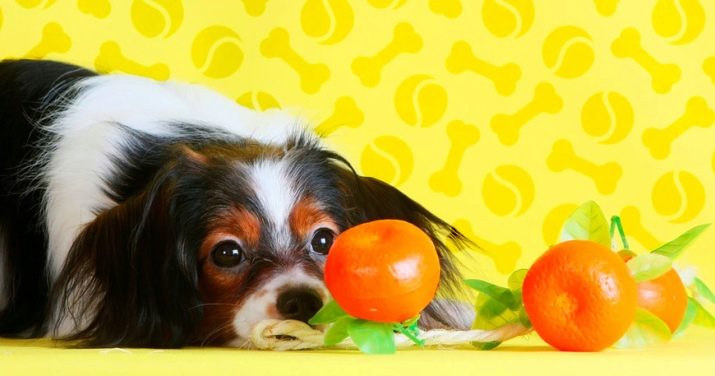
Feeding rules
Citrus benefits are possible if the dog does not eat acidic fruits regularly and in small quantities. If the dog is undergoing treatment or recovering from the operation, it is necessary to clarify the daily dosage of the herbal product at the veterinarian. For the first time, citrus fruits can be given to a puppy only after 6 months, not more than half a slice of mandarin.
Before giving the fruit to the pet, it is necessary to peel it from the peel, white film and free from all the seeds. First, the fruit should be washed well with running water.

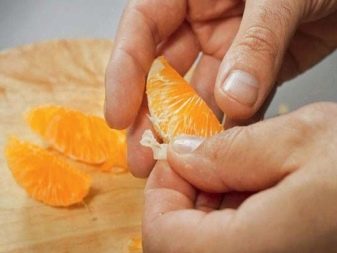
To avoid the negative consequences of taking citrus fruits, you must adhere to the following recommendations.
The dog needs to be given ripe fruit without any signs of damage and rot. Treat your pet with sweet fruits.
In the absence of individual intolerance to the product, a small dog can eat half, large - a whole slice of orange. Small pets can eat a whole slice of tangerine. Giving the animal citrus fruits is allowed no more than 1 time per week.
You can not give citrus fruits along with dairy products. Organic acids can cause fermentation in the stomach, which usually leads to diarrhea and increased gas formation in the intestines of the animal. Also, do not give fruit with food. It is necessary to treat the dog half an hour before eating or after 1.5-2 hours after the pet has eaten tightly.
If you have any symptoms of allergies or digestive upsets, you must exclude the product from your pet's diet. The dog can receive nutrients from other food. If the allergy does not go away on its own for a long time, you should give your dog antihistamines.
If the dog tries the flesh for the first time, it is necessary to monitor its well-being for 2-3 days. Bioactive plant substances are completely removed from the dog's body only after 72 hours.
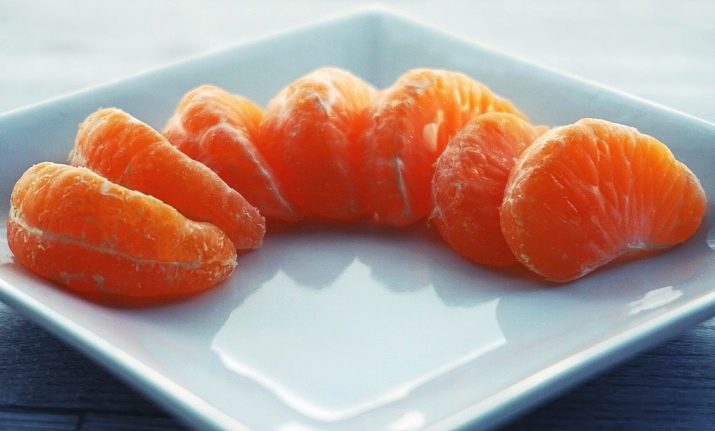
Do not give the dog more than 1 tsp. chopped pulp of citrus fruit per week. Exceeding the recommended norm violates the metabolism, homeostasis and rheological properties of blood. Veterinarians recommend treating your pet with citrus as little as possible. It should be remembered that animals do not care for the state of the oral cavity. Organic acids can lead to problems with the teeth, which leads to an increase in their sensitivity. As a result, the dog may begin to refuse to eat.
It is strictly forbidden to include zest, tops or citrus seeds in the dog’s diet with fruit slices.
If the dog independently shows a desire to eat an orange, it is necessary to review its daily diet. The animal may need juicy food. This behavior may be due to a violation of the water-electrolyte balance in the body of the pet, a meager menu consisting only of dry food.
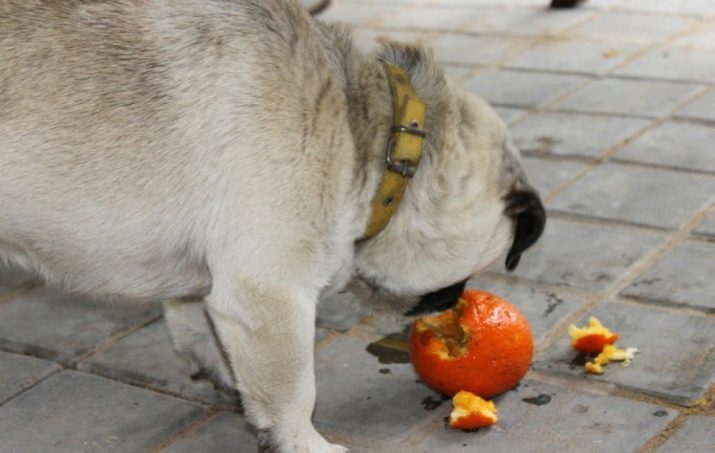
About plant food in the dog’s diet, see the video below.







